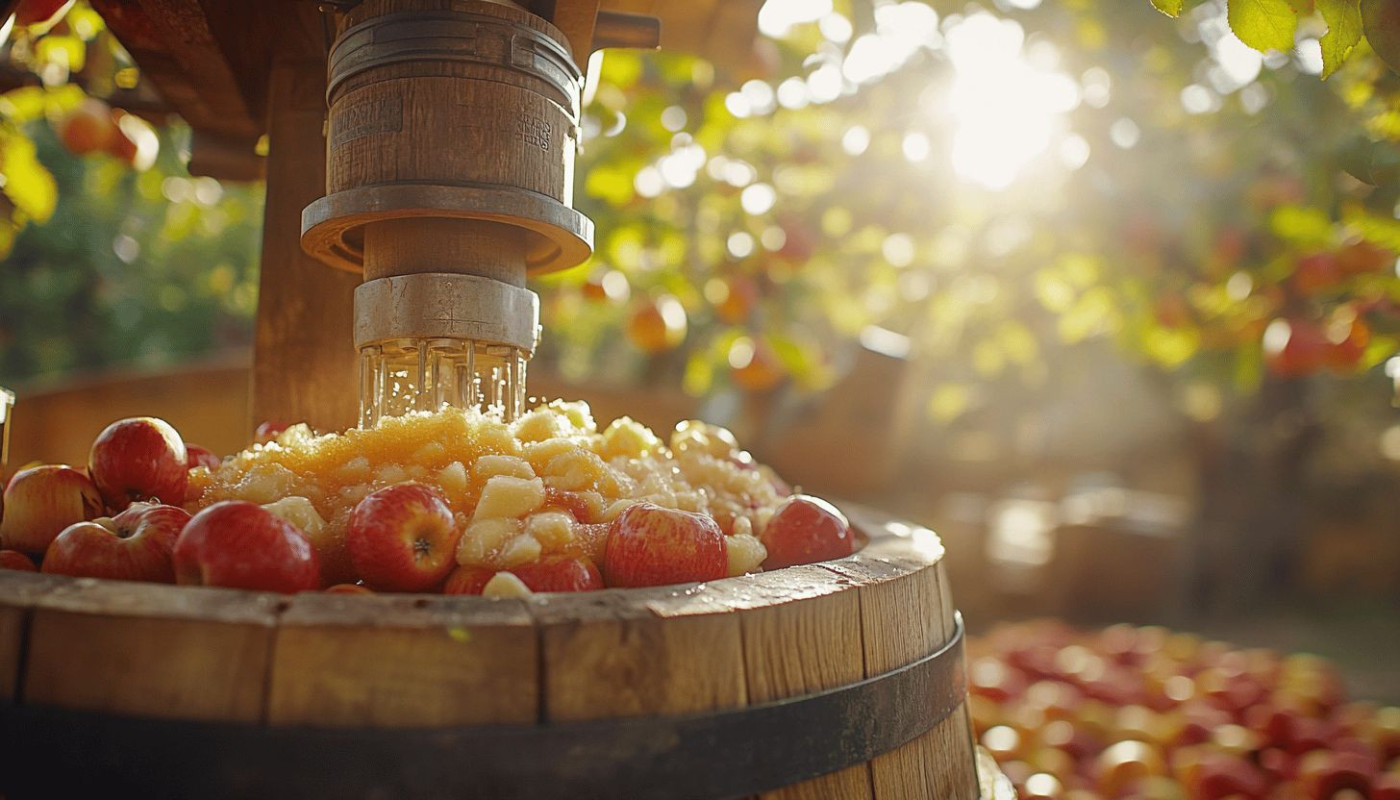Table of contents
In a world where sustainability and eco-consciousness are gaining more prominence, industries are beginning to shift their practices to align with these ideals. One such industry that has been embracing this change is the drinks industry. More particularly, it is undergoing a significant transformation through the adoption of natural wheat straws, an eco-friendly alternative to the traditional plastic straws. This revolution brings with it a plethora of environmental and economic benefits, making it a crucial topic of discussion. If you've ever been curious about how these subtle changes are reforming the drinks industry or are interested in the environmental impact our everyday choices can make, then this article is for you. So, let's delve into the fascinating world of natural wheat straws and how they're redefining the drinks industry.
The Need for Eco-Friendly Alternatives
The escalating ecological crises we see today underscore the imperative need for eco-friendly alternatives, particularly within the drinks industry. It is high time to acknowledge the harmful effects of plastic straws, a common, yet detrimental, element in the said industry. These seemingly innocent sippers have long been contributing to the significant degradation of our ecosystem, wreaking havoc on marine life, and leading to harmful microplastics entering the food chain. Therefore, there is an urgent call to replace these plastic perpetrators with eco-friendly alternatives, such as natural wheat straws, to mitigate their adverse impact. These environmentally-friendly substitutes not only support the sustainability goals of the drinks industry but also contribute to the broader objective of preserving our precious ecosystems for future generations.
The Emergence of Natural Wheat Straws
In recent years, natural wheat straws have emerged as a viable alternative to the ubiquitous and environmentally harmful plastic straws. The rise of these eco-friendly straws can be traced back to growing awareness and concerted efforts to curtail plastic pollution in our ecosystems. In the broader historical context, the adaptation of natural wheat straws signifies a significant shift towards sustainability in the drinks industry.
What sets natural wheat straws apart from their plastic counterparts is not just their environmentally friendly profile, but their unique manufacturing process. To create these straws, the wheat stems are harvested, cut to length, and then cleaned thoroughly to ensure they are safe to use. The result is a straw that is 100% organic, biodegradable, and compostable, adding no harmful waste to our environment. This innovative process demonstrates how the drinks industry can contribute positively to the environment while meeting consumer demand for eco-friendly products.
The Environmental Impact of Natural Wheat Straws
The environmental impact of natural wheat straws is a topic of growing interest for the eco-conscious consumer. These plant-based alternatives to plastic are noteworthy for being biodegradable, a quality that is having a significant effect on waste management practices worldwide. As a material, natural wheat straws break down naturally into the environment, unlike their plastic counterparts, which take hundreds of years to decompose and contribute to landfill waste and pollution. The shift towards these biodegradable alternatives is an influential step in reducing our environmental footprint. The adoption of natural wheat straws not only fosters responsible consumption but also promotes a culture of sustainability and eco-consciousness. As we continue to explore and implement greener alternatives, the environmental impact of natural wheat straws serves as a model for effective waste management and sustainable practices.
Economic Implications of the Shift
The drinks industry is currently undergoing a significant transformation, with a shift from plastic straws to natural wheat straws. This change has far-reaching economic implications that are worth exploring. The production of plastic straws, while relatively inexpensive, has profound and detrimental environmental effects. These costs are increasingly being recognized and accounted for, which is driving up the expense of using these harmful products.
In contrast, natural wheat straws, while potentially more costly in the short-term, represent a sustainable and eco-friendly alternative. The economic benefits of this shift are significant. For instance, the use of natural wheat straws allows businesses in the drinks industry to capitalize on the growing consumer demand for sustainable products. This can lead to increased customer loyalty and potentially higher profit margins.
Moreover, the shift from plastic straws to natural wheat straws can also stimulate the economy by promoting the development of sustainable agriculture and manufacturing sectors. Therefore, while the initial costs involved in this transition might seem challenging, the long-term economic benefits are considerable and can contribute to a more sustainable and resilient economy.
For more details on this topic, you might want to check this site. This resource provides valuable insights into the economic implications of sustainability initiatives within the drinks industry.
Future Prospects of Natural Wheat Straws
As we delve into the future prospects of natural wheat straws, it's compelling to note the transformation they are bringing to the drinks industry. The surge in eco-consciousness among consumers and a global shift towards sustainable practices have propelled the demand for these organic, biodegradable alternatives to plastic. They're not just a trendy accessory for your favorite cocktail; they represent a major step forward in reducing plastic waste and contributing to environmental conservation.
Still, the pathway isn't without its hurdles. The key challenges lie in production scalability, cost-effectiveness, and maintaining consumer convenience. The process of harvesting, cleaning, and packaging wheat straws is labor-intensive, which can drive up costs. Yet, advancements in technology and economies of scale offer promising solutions to these issues. Moreover, the need to educate consumers about the benefits of wheat straws and their proper disposal is another hurdle to overcome.
In terms of opportunities, the scope is vast. Beyond the drinks industry, other sectors like hospitality, aviation, and event management are likely to adopt and promote the use of natural wheat straws. Furthermore, with ongoing research and development, wheat straws may also find new applications in various other industries. Hence, the future prospects of natural wheat straws look promising, heralding a new era of sustainable practices in the drinks industry and beyond.
Similar articles



